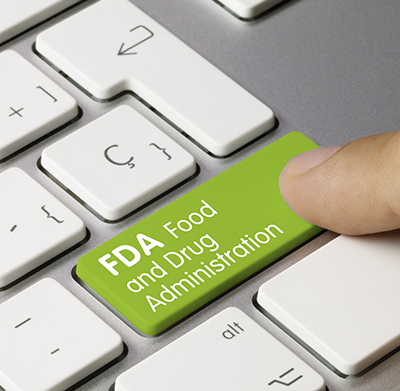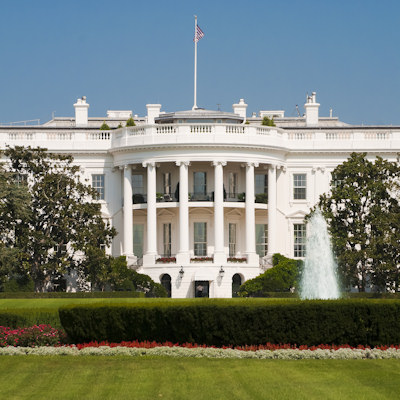December 12, 2020 -- The U.S. Food and Drug Administration (FDA) has issued an emergency use authorization (EUA) for the Pfizer-BioNTech COVID-19 vaccine. The move comes after the FDA's Vaccines and Related Biological Products Advisory Committee (VRBPAC) issued a positive recommendation for the vaccine.
The vaccine is authorized for the prevention COVID-19 caused by SARS-CoV-2 in individuals 16 years of age and older. The messenger RNA (mRNA)-based vaccine is administered in two doses given three weeks apart.
Clinical trial data indicated that the vaccine had an efficacy rate of 95%. The most commonly reported side effects, which typically lasted several days, were pain at the injection site, tiredness, headache, muscle pain, chills, joint pain, and fever.
"Today's action follows an open and transparent review process that included input from independent scientific and public health experts and a thorough evaluation by the agency's career scientists to ensure this vaccine met FDA's rigorous, scientific standards for safety, effectiveness, and manufacturing quality needed to support emergency use authorization," said Dr. Stephen Hahn, FDA commissioner.
The EUA, which is different from full FDA approval (licensure), will be effective until circumstances that justify the authorization of the emergency use of drugs and biologics for prevention and treatment of COVID-19 change. At this point the EUA may be revised or revoked if it is determined it no longer meets the statutory criteria for issuance.
During the December 10 VRBPAC meeting, the sponsors made it clear that they would continue collecting data for a period of two years post vaccination in all trial participants with the goal of eventually filing for full licensure with a biologics license application.
With the authorization, the companies can begin vaccine distribution in the U.S. The vaccine has already been given emergency approval in several countries, including the U.K. and Canada.
"With science guiding our decision-making, the available safety and effectiveness data support the authorization of the Pfizer-BioNTech COVID-19 vaccine because the vaccine's known and potential benefits clearly outweigh its known and potential risks," explained Dr. Peter Marks, PhD, director of the FDA's Center for Biologics Evaluation and Research.
Copyright © 2020 scienceboard.net












